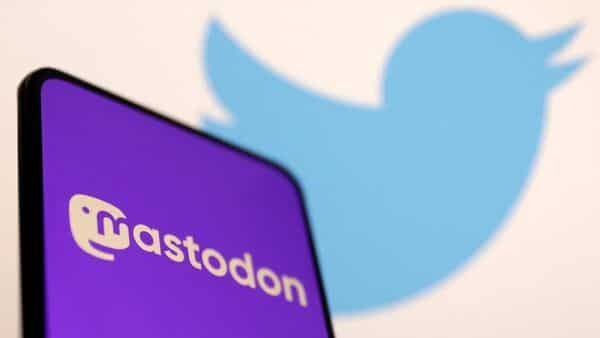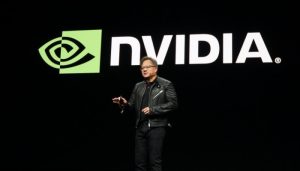Do Mastodon users continue tooting after Musk’s Twitter acquisition.
2 min read
Contents
Approximately six months after Elon Musk’s acquisition of Twitter, a move criticized for the resurgence of white supremacists and the expulsion of critical journalists, numerous users, myself included, found it fitting to depart from the platform. Instead, we migrated to Mastodon, an innovative social media initiative established in 2016 to resist billionaire acquisition attempts. Mastodon operates in a decentralized manner, constituting a network of independently managed servers. Each server has its own moderators and users who engage with one another’s “toots” or posts through an open protocol called ActivityPub. This protocol enables other social media platforms to connect to ActivityPub, preventing the monopolization of the broader network, known as the “fediverse,” by a single app.
Nathan Schneider, a University of Colorado Boulder professor specializing in collective ownership models and running a Mastodon server named social.coop, remarked, “It has certainly slowed down. I think many people came and found it to be a bit challenging. Using Mastodon may seem like eating vegetables.
Is size truly a determining factor?
Mastodon’s dedicated users, often with advanced technological expertise, contend that the size of the community is inconsequential. The platform isn’t designed for swift viral expansion. It lacks global search and hashtags. Servers can easily be made private, and administrators can combat trolls by blocking other servers. Additionally, users are encouraged to employ content warnings to shield sensitive posts from view.
The digital equivalent of a community association.
Although Mastodon might resemble a small village rather than a global platform, it doesn’t guarantee consistent inclusivity. Jonathan Flowers, an assistant professor of philosophy at California State University Northridge, created a Mastodon account following Musk’s acquisition of Twitter in November last year. However, when Flowers, who is Black, expressed certain comments about the racial politics of the platform, users requested him to conceal those posts behind content warnings.
Mastodon compared to the prevailing market leaders.
Until recently, Rochko was the solitary full-time employee responsible for maintaining Mastodon’s software. The non-profit relies primarily on contributions via Patreon, amounting to around $32,000 per month. However, compared to the trillions invested by tech giants, this sum is a mere fraction.
Despite receiving investment proposals totaling “hundreds of thousands of dollars” from Silicon Valley, Rochko has rejected them, asserting that they would undermine his initiative. He emphasized that “Mastodon will not morph into everything you despise about Twitter,” highlighting the fundamental differences in paradigms between the platforms. Mastodon is decentralized and immune to being sold to a controversial billionaire, shut down, or going bankrupt.



